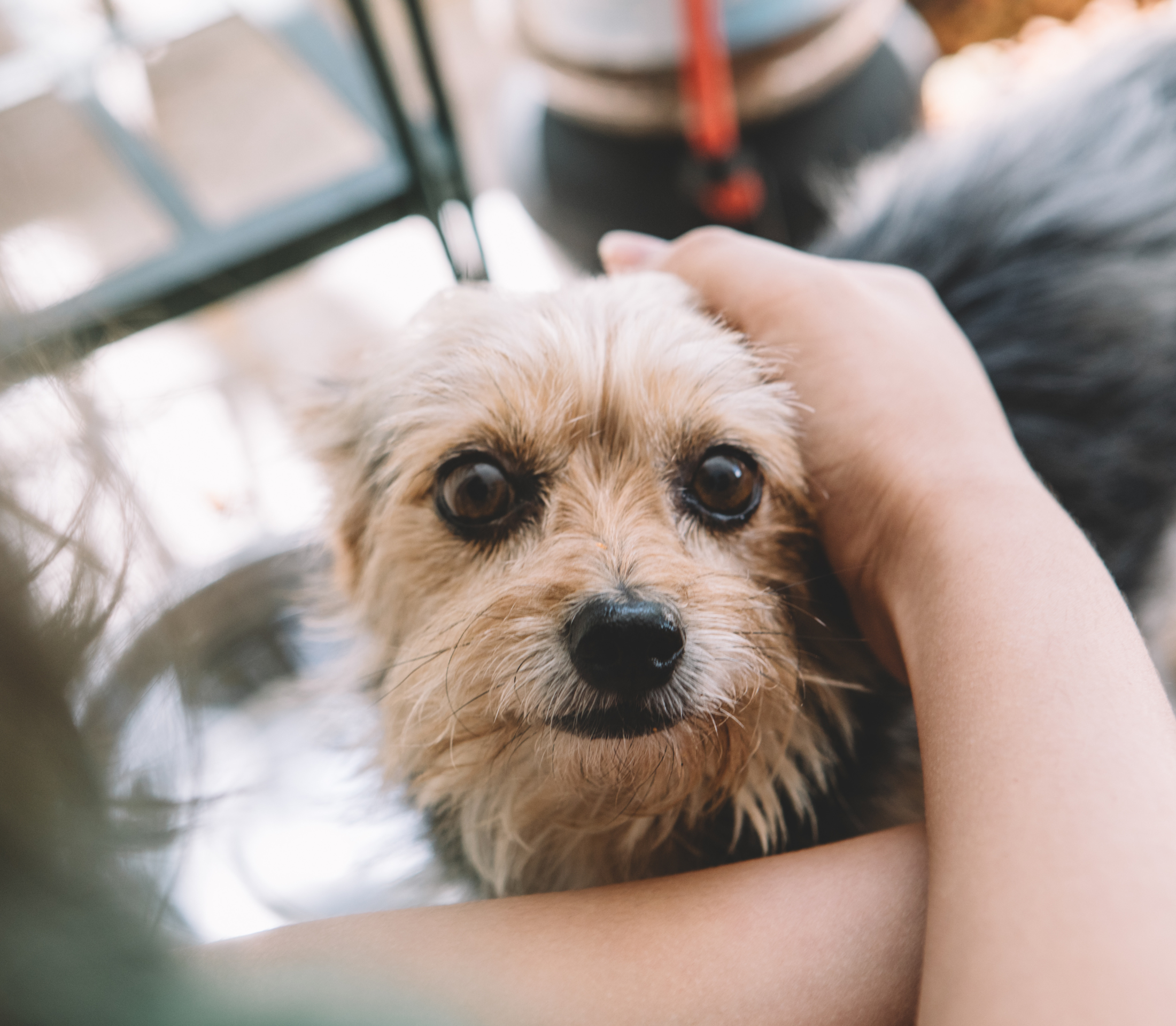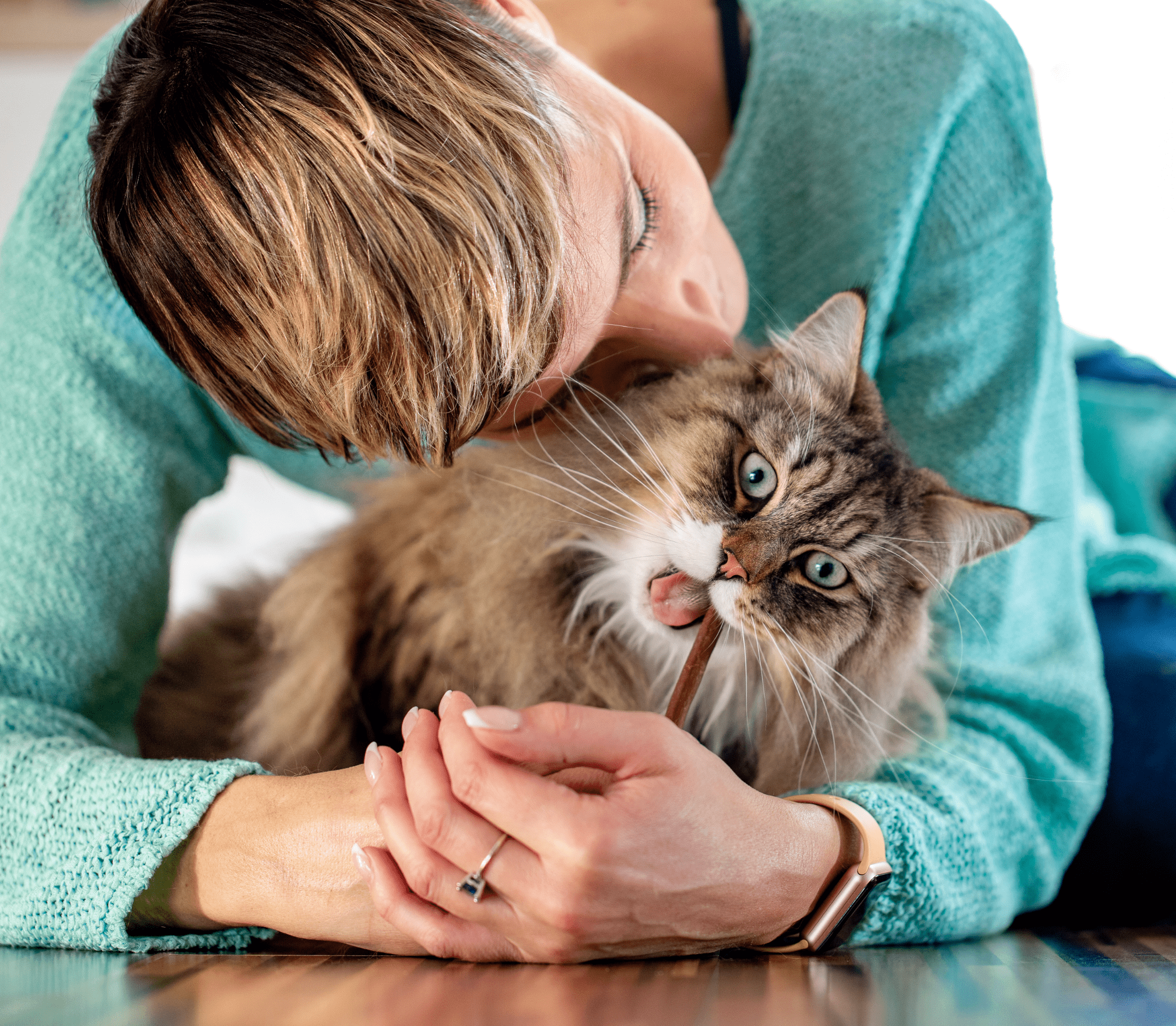Happy Healthy Cat Month
September is Happy Healthy Cat Month! (Of course, we think every month should be Happy Healthy Cat Month, but that’s beside the point.) While our feline friends are quite easy to care for, they aren’t quite as independent as they would like us to think. Here, a Hyattsville, MD vet offers tips on keeping Fluffy healthy and purring.
Food
Good nutrition will play a huge role in your pet’s health and well-being. Offer Fluffy a premium brand of food, but don’t let her manipulate you into overfeeding her. If your furry pal becomes obese, she’ll face some very serious health risks!
Purrniture
Kitties really enjoy having some things that were made just to suit them. Cat towers are great, because they are so multifunctional: they offer Fluffy a napping spot, lookout point, jungle gym, and nail care station. Your pet will also enjoy having lots of comfy beds.
Toys and Entertainment
You’ve probably noticed that Fluffy is, well, pretty drowsy. However, even the sleepiest kitty can’t spend all her time napping. Make sure your feline buddy has some ways to entertain herself when she is actually awake. Offer your furball lots of fun toys, and take time to play with her regularly. A good window seat is also a must.
Safety
Our feline pals are very, very good at getting into things. Do some basic catproofing to make your home safe for Fluffy. This entails removing or securing potential hazards, such as toxic plants, chemicals, plastic bags and wires, and small or sharp objects. We also strongly recommend keeping your furball indoors, where she won’t be exposed to cars, weather, predators, and other hazards.
Facilities
Make sure to keep your kitty’s litterbox clean. Cats hate dirty bathrooms!
Veterinary Care
Taking your cat to the vet regularly is crucial to her health and well-being. We recommend that kitties be microchipped, spayed or neutered, and kept up to date on exams, vaccinations, and parasite control. If you notice anything unusual that could be a sign of illness, consult your vet immediately.
Love
The secret ingredient in any pet care routine is love. Keep Fluffy purring by paying lots of attention to her. Cats are always happiest when they feel safe and loved. Kitty cuddles are truly precious gifts!
As your local Hyattsville, MD vet clinic, we are dedicated to providing great care for cats. Please contact us anytime.



